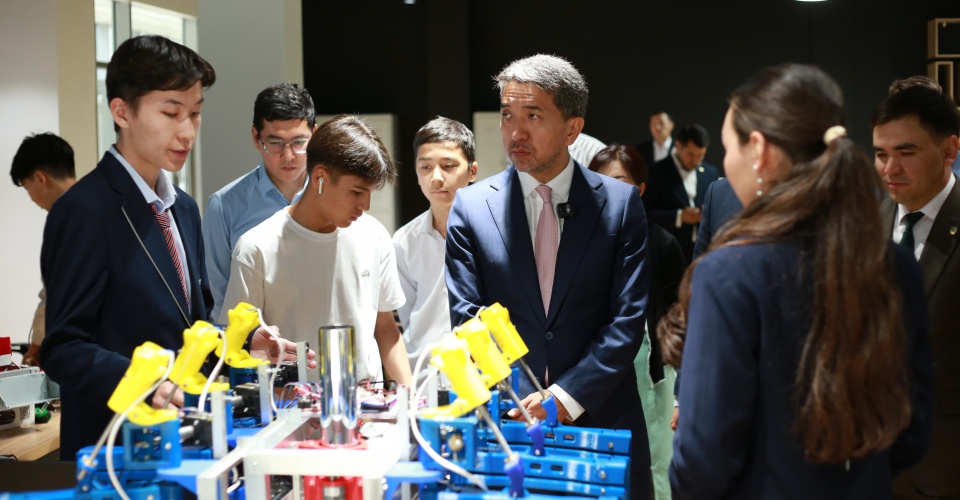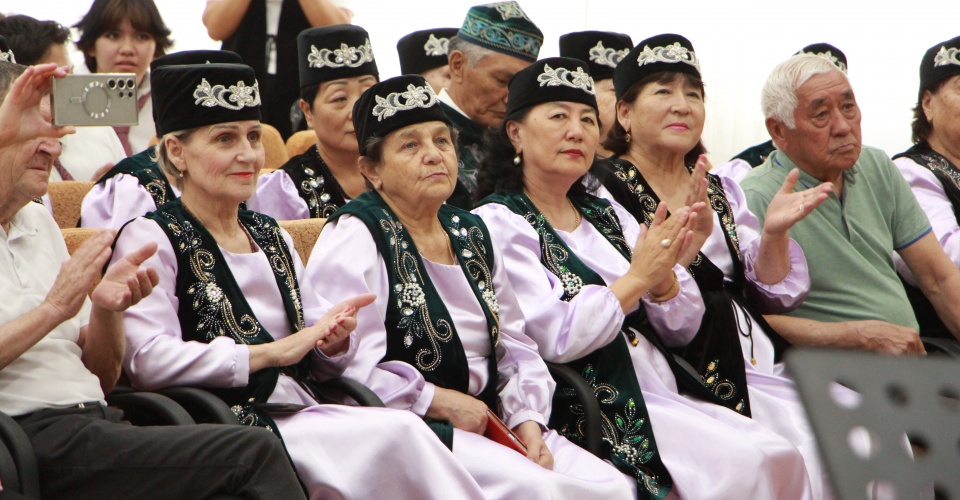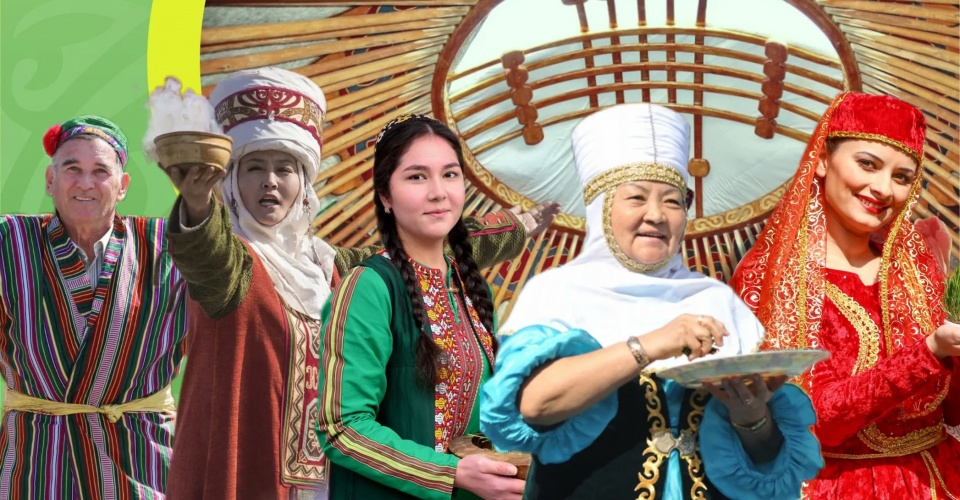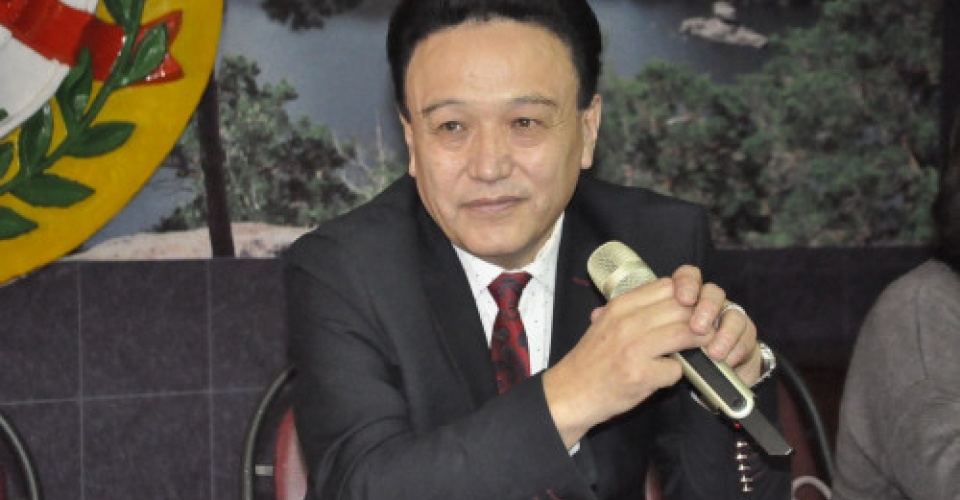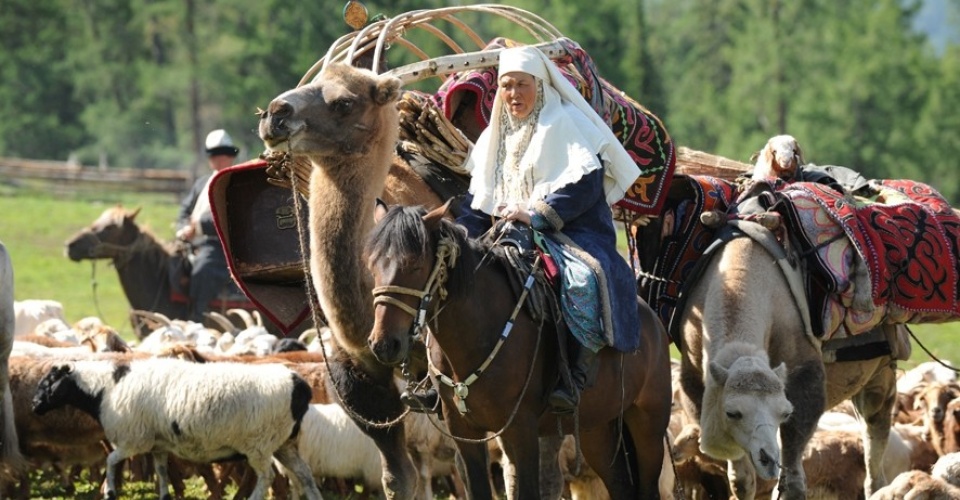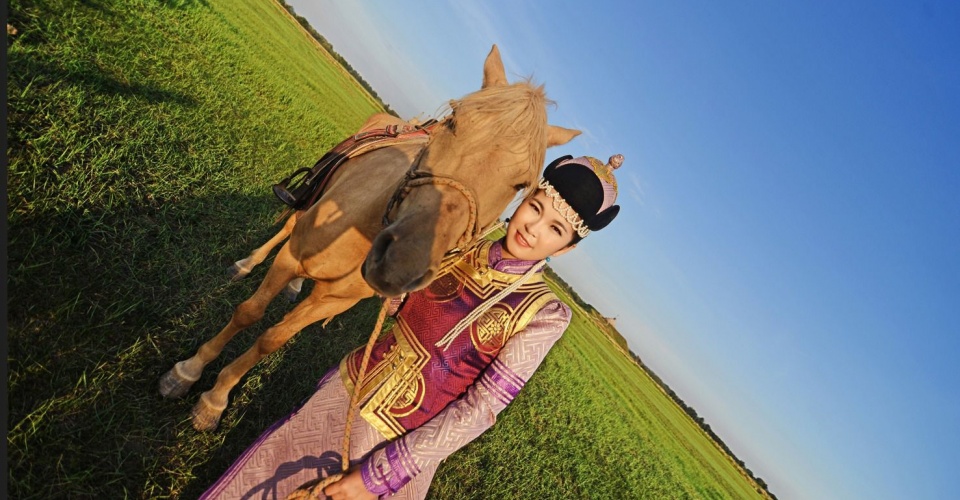Kazakh hospitality traditions have much in common with those of other Oriental cultures, all of which have a very respectful attitude towards guests. In the past, Kazakhs faced very severe reprimands for not properly hosting a guest (even an uninvited one). The hosting of guests began with a greeting, after which the guests were seated in the most honourable place in the yurt (usually in the centre, towards the back). After that, the guests were treated with kumis, various snacks, and meat. In some cases, they were presented with gifts, and the guests of honour were often given shapan (robes).
The hospitality traditions of the Kazakh people include many different customs that apply depending on the situation and the status of the guest:
At mingizip shapan zhabu – the custom of the highest honour, which involves giving a horse and a robe to the guest.
Bata – a blessing when a guest leaves, especially if the guest is going on a long journey. Usually this tradition is expressed in a beautiful poetic form.
Belkoterer – a treat for the most elderly guests, symbolising care and respect for elders.
Beszhaksy – which translates as “five gifts” and is like the at mingizip shapan zhabu. The five gifts are a camel, a horse, a carpet, a sabre, and a fur coat.
Korimdik – a gift that gives a guest the right to see a young daughter-in-law or a newborn baby.
Konakasy – treats that must be served to guests, even casual or uninvited ones. If the homeowner does not present konakasy, then the guest could complain to the village elder, and the homeowner must pay a fine in the form of a horse or other livestock.
Konakkade – a gift from the guest to the owner of the house, which is usually in the form of a song or a verse.
Shashu – a custom to shower guests with sweets and money, which is carried out at weddings, during matchmaking, and at other similar events.
Yerulik – an ancient custom of hospitality in which material assistance is provided to the newcomers to a tribe or village when they meet the existing residents, to help them adapt to local life.
The material is from:https://www.advantour.com/kazakhstan/traditions/hospitality.htm
The national portal"Adyrna"












